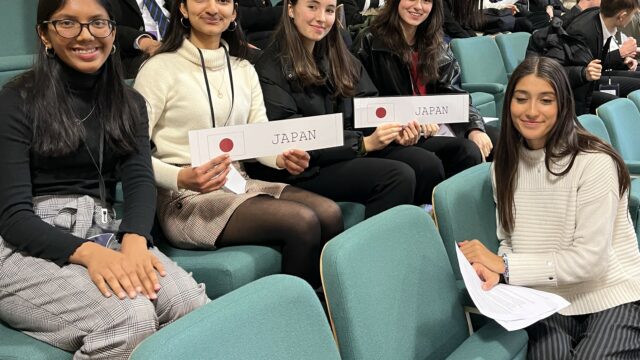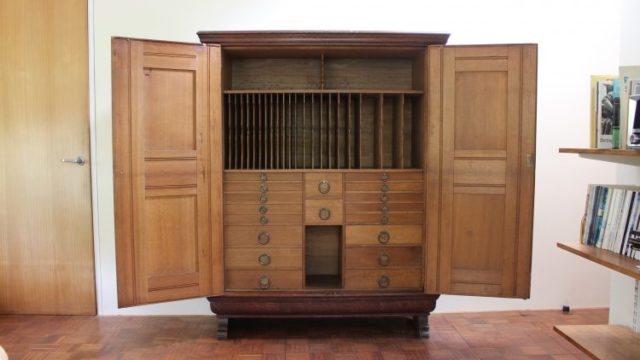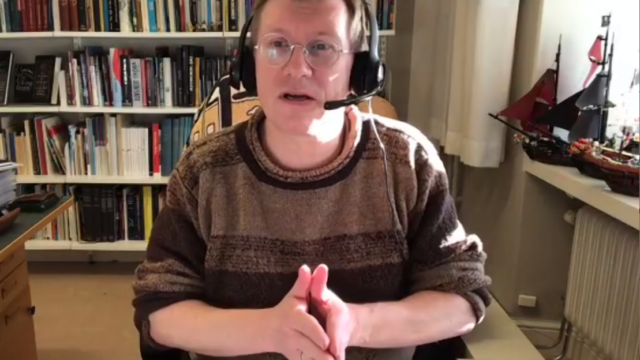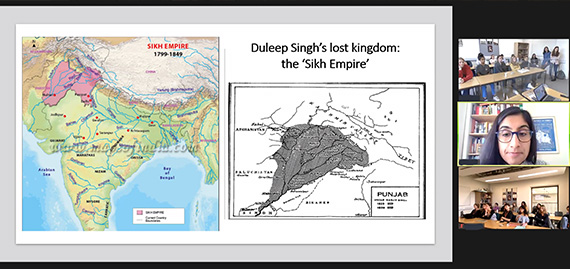History
History blossoms in the Senior School; as a discipline it begins to realise its unrivalled ability to make sense of the world.
What we study
The study of history is one of the most capacious of all academic callings. The curriculum teaches the analytical, interpretive, and writing processes necessary for understanding the connections between past and present. History is a pragmatic discipline in which the analysis of change over time involves sifting the influences and perspectives that affect the course of events, and evaluating the different forms of evidence historians exploit to make sense of them. Teaching students how to weigh these sources and convert the findings into persuasive analysis lies at the heart of the department’s teaching.
We follow the OCR A level course in the Senior School. The course is structured as follows:
- British: England 1199–1272 or The Early Stuarts and the Origins of the Civil War 1603–1660
- Non-British: The Crusades 1095-1187 or The French Revolution and the rule of Napoleon 1774–1815
- Thematic study and historical interpretations: Popular Culture and the Witchcraze of the 16th and 17th centuries
- Coursework: a 4,000-word essay on Tokugawa Japan or the Emergence of Indian Nationalism
The syllabus has been designed to ensure that students are exposed to a broad range of histories across time, people, and places. All courses are informed by the latest historical research and offer the ideal preparation for studying history and related subjects at degree level.
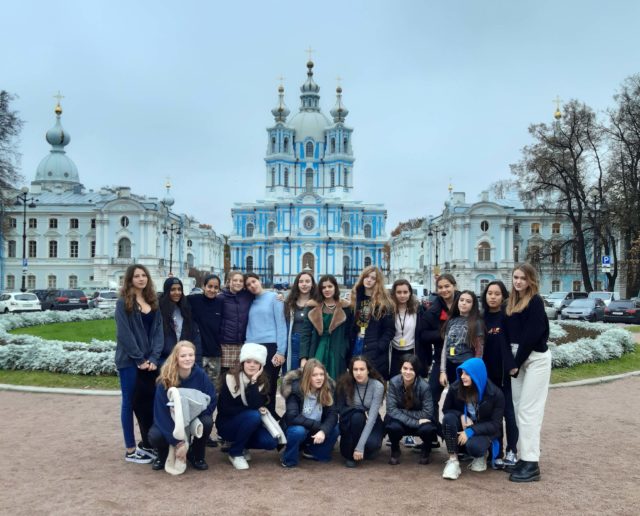
Beyond the curriculum
There is a weekly History Society which gives students both the opportunity to be addressed by distinguished historians and the chance to speak to their own historical interests. We also hold an annual history conference offering a range of seminars for the students and our partnership schools. Pupils from across all years contribute to and edit a history magazine, Clio. This year’s theme was transnational history, featuring articles, reviews, and interviews with academics.
Paulinas are encouraged to enter essay competitions such as the Newnham History Essay Prize (University of Cambridge), the Vellacott Essay Prize (Peterhouse, University of Cambridge), the Robson History Prize (Trinity College, University of Cambridge), and the Julia Wood Prize (St Hugh’s College, University of Oxford). Paulinas have won prizes in all of these competitions in recent years.
The students’ appreciation of the past has been enhanced by residential visits to Paris and to Russia.
Where it might lead
History is a deservedly popular degree course. Its unique ability to develop an intelligent understanding of the world as we know it makes it an ideal platform for all careers which require clarity and flexibility of thought.
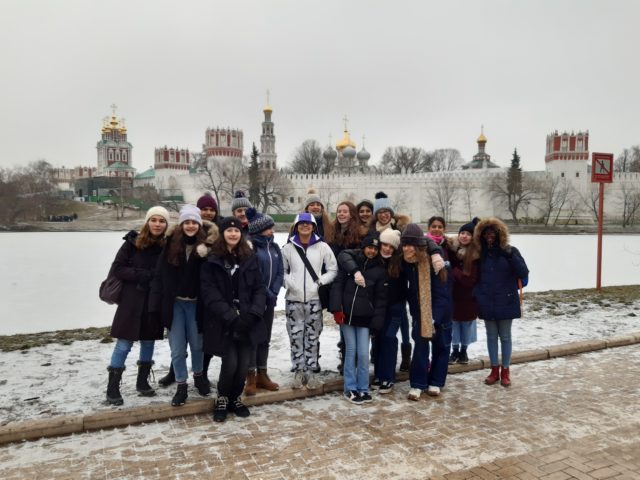
Qualification
A level
Board
OCR
Mode of Assessment
75% examinations and 25% Coursework
